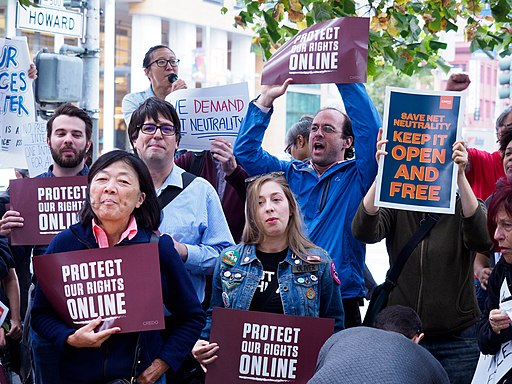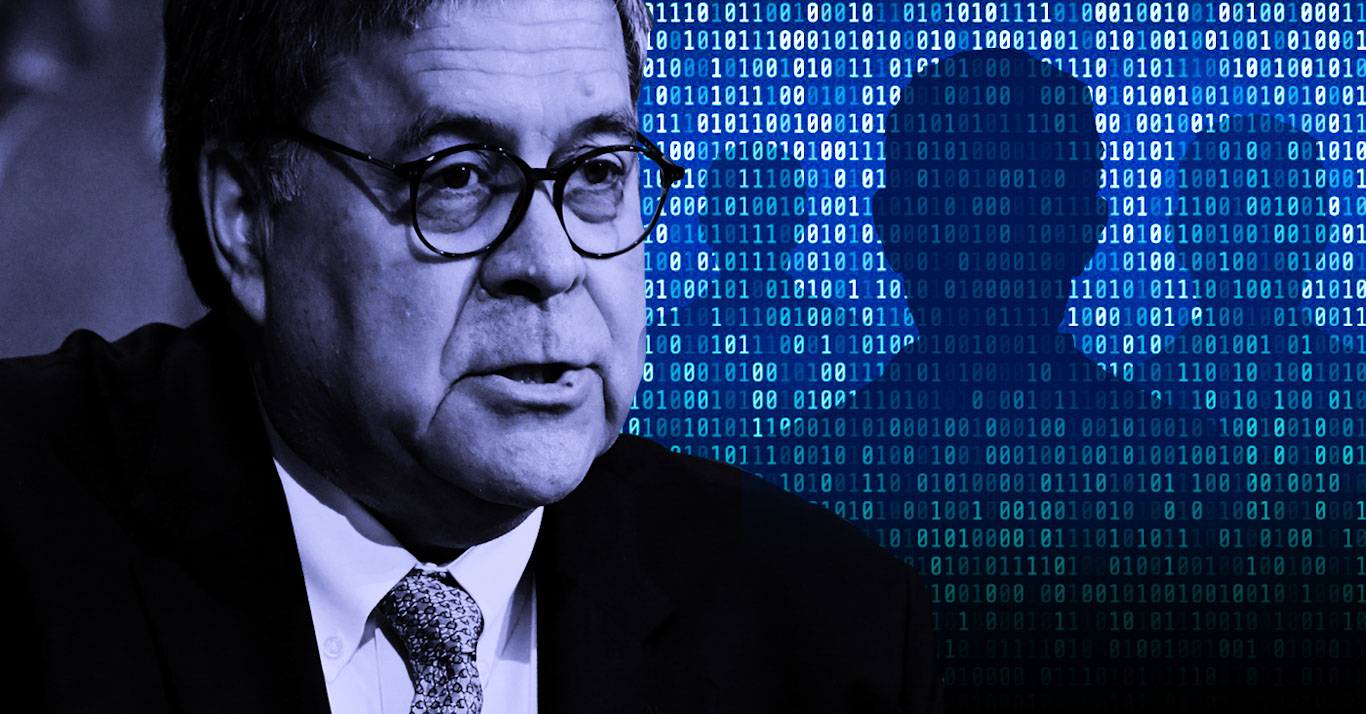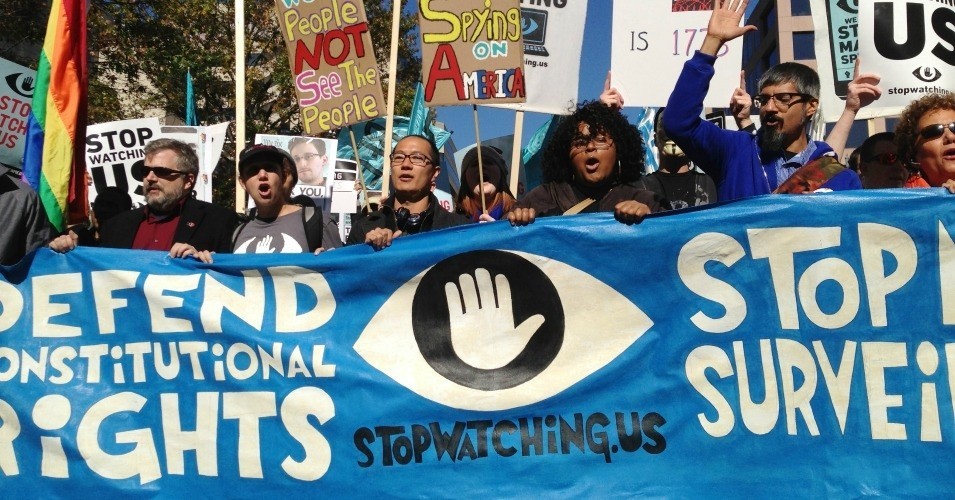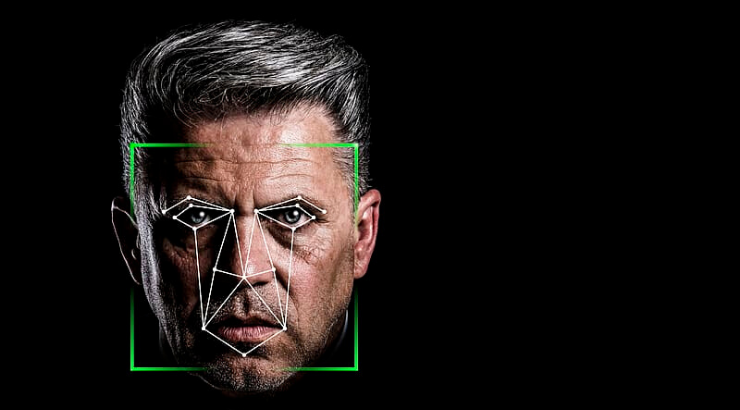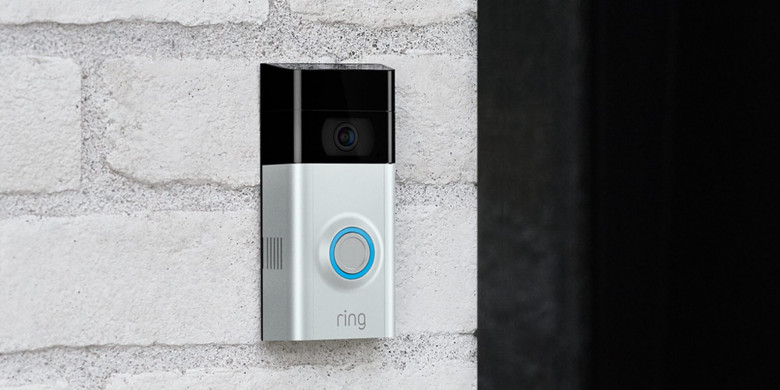“Amazon will have the perfect panopticon in place to sweep up unprecedented amounts of data en masse,” says Fight for the Future.
By Brett Wilkins, staff writer for Common Dreams. Published 2-4-2021

An Amaazon Prime van making a delivery in Queens. Photo: Tdorante10/CC
In what one leading digital rights advocate is calling “the largest expansion of corporate surveillance in human history,” Amazon has begun installing artificial intelligence-equipped cameras in some of its partners’ delivery vehicles to monitor drivers while they work, a move that is raising broader concerns about privacy and corporate power.
CNBC reported Wednesday that Amazon’s AI-powered, four-lens cameras—called Driveri—are being tested in a handful of contracted delivery vehicles. The cameras are manufactured by Netradyne, a San Diego-based startup, and record 100% of the time while vans are operating. They watch and record not only the drivers, but also the road and what’s happening around the vehicles. Continue reading


